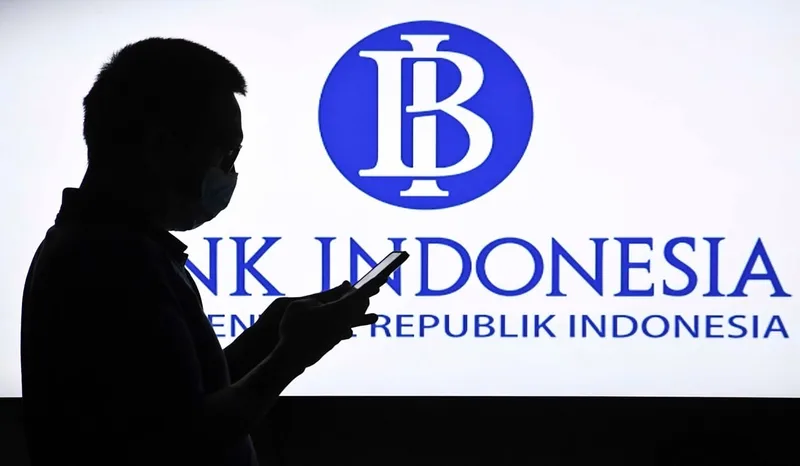Bank Indonesia (BI) has made significant strides in supporting the nation’s economy by distributing Rp 259 trillion in liquidity incentives through its Macroprudential Liquidity Policy (KLM) as of October 2024. This move is part of the central bank's broader strategy to stimulate economic growth and ensure a stable financial system in the face of ongoing global economic challenges. Gubernur Perry Warjiyo shared details of the policy’s impact during the recent meeting of the Board of Governors (RDG), revealing the key sectors that have benefited from these incentives.
The liquidity support has been directed primarily toward critical sectors that play a vital role in Indonesia’s economic development. The government’s strategic priorities for these funds include industries such as mineral processing, food, automotive, trade, and energy, as well as tourism and creative sectors, alongside support for small and medium-sized enterprises (SMEs). These sectors were chosen because of their potential to drive substantial growth and job creation, particularly in high-employment industries like manufacturing and agriculture.
In terms of distribution, a large portion of the funds, totaling Rp 120.9 trillion, has been absorbed by state-owned banks (BUMN), which play a crucial role in Indonesia’s financial infrastructure. The private national banks have received Rp 110.9 trillion, while regional development banks (BPD) received Rp 24.7 trillion, and foreign branch offices accounted for Rp 2.6 trillion. The goal of these allocations is to ensure that the liquidity boost reaches both large-scale enterprises and smaller, regionally-focused businesses, helping to maintain a balanced economic recovery.
Perry Warjiyo also highlighted the importance of ensuring that the liquidity policy supports Indonesia’s long-term goals for economic diversification. The funds are aimed not only at short-term economic recovery but also at strengthening Indonesia’s position in global supply chains. The focus on industries such as food production, manufacturing, and creative sectors reflects a forward-looking approach to transforming the economy into a more resilient and competitive force.
Looking ahead, Bank Indonesia plans to expand the scope of the KLM incentives starting January 2025, with additional sectors set to benefit from these policies. The sectors included in the next phase of the incentive program will encompass retail trade, agriculture, and labor-intensive industries, which are expected to absorb a significant portion of the nation’s workforce. This expansion aims to further boost employment and strengthen the domestic economy, particularly in areas that are crucial for improving livelihoods and increasing productivity.
Through these liquidity incentives, Bank Indonesia is reinforcing its commitment to supporting a robust and inclusive economic recovery. By focusing on sectors with high employment potential and ensuring that both large and small banks participate in the program, the central bank aims to foster a balanced and sustainable economic environment. This initiative reflects the broader efforts by the Indonesian government to maintain economic stability while also preparing the country for future growth in an increasingly competitive global economy.
CNBCINDONESIA
Read More






 Tuesday, 03-03-26
Tuesday, 03-03-26







